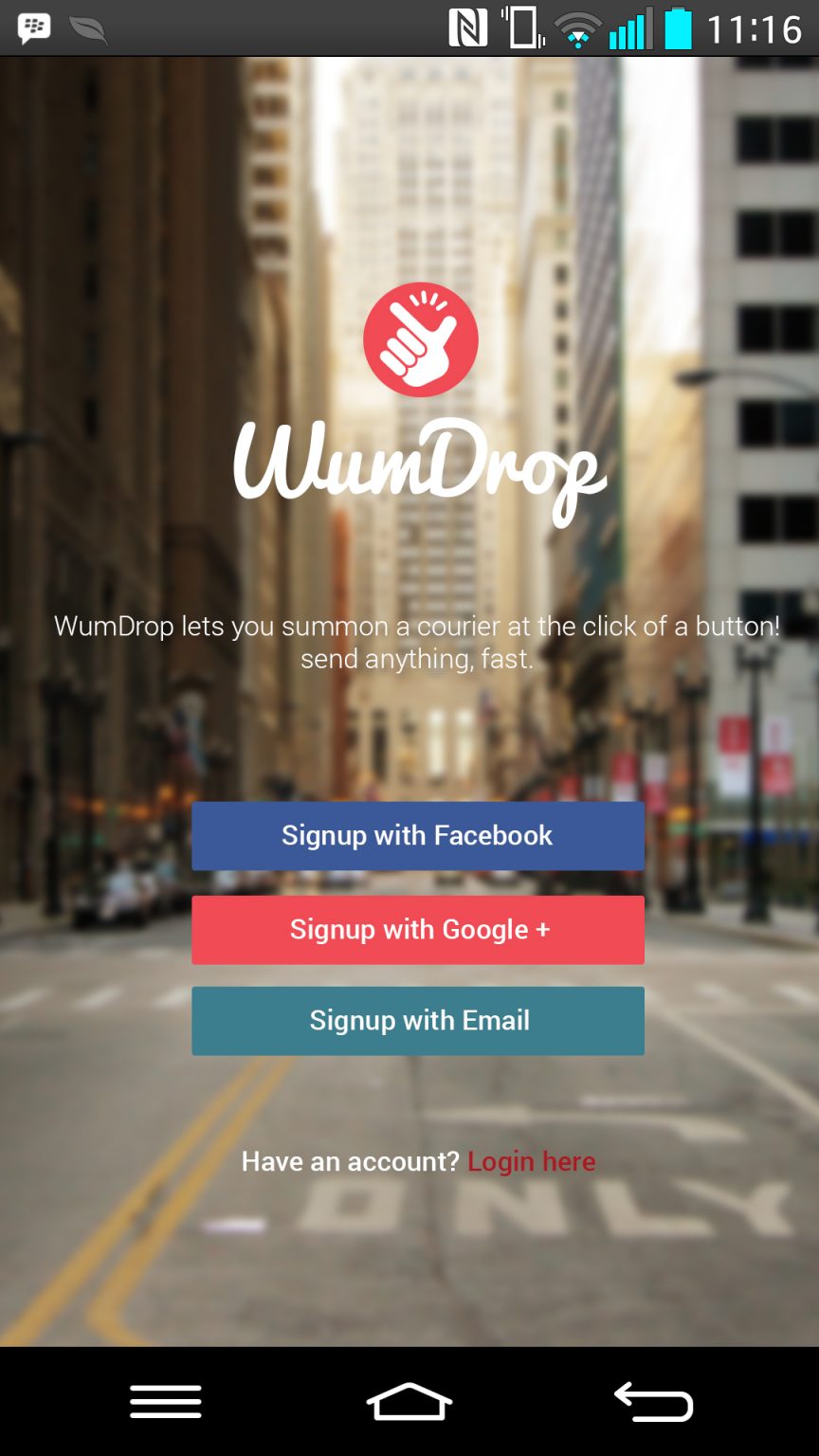WumDrop co-founders Simon Hartley and Roy Borole decided they were going to start a business before they even had an idea of what it would do. Friends at university, they had linked up again in Woodstock, Cape Town, where Hartley was working for 2oceansvibe and Borole at Dream Mobile.
“By that point we were both pretty over what we were doing for respective reasons,” Hartley told Disrupt Africa. “We decided to start a business without knowing what that business would be. We figured we’d sell stuff.”
Eventually, the pair identified nappies as a good market to go into, and launched online nappy-buying platform WumWum, which is an abbreviation of “my baby” in Zulu. The site gained reasonable traction, but encountered issues with deliveries.
“One of the things we learnt was that we had to deliver the product,” Hartley said.
“We were up to about 20 customers a month. We suddenly started seeing a trend of dropping one of two, maybe three customers. It was never someone that had a bad experience with the product. Without failure they said the delivery had let them down in some way or another.”
Hartley and Borole decided to take the matter into their own hands – even considering purchasing a car and doing deliveries themselves. WumDrop was eventually born after realising that the model Uber had so successfully employed in the taxi market could be used for couriers as well.
“If we’re doing deliveries for ourselves, why not do it for everyone?” Hartley said. “In order to remember where it came from, we decided to keep part of the name of the company it came from.”
When a user requests a courier on WumDrop drivers receive a trip request. Once a driver accepts, they collect and deliver the requested item, billing the user ZAR7 per kilometre, 70 per cent of which goes to the driver and 30 per cent to WumDrop. It was launched in Cape Town on September 8, and has raised ZAR425,000 (US$37,000) from two angel investors.
“We didn’t really build up the PR or ramp it up. We started with a few clients that we’d cultivated beforehand,” Hartley said, adding that WumDrop had very early on landed a contract with SnapScan, verifying people that do not have Standard Bank accounts and delivering kit to merchants. He is confident WumDrop is greatly improving a difficult market.
“All of that information and transparency on both sides improves the number one problem with couriering: accuracy,” he said.
WumDrop uses both professional drivers and students to do its deliveries, with Hartley saying drivers earned more through the service than they would in ordinary jobs. He said the company is operating in a market that is going to become increasingly popular, but felt WumDrop was built to scale due to its business model.
“It’s a sexy idea. In the same way that Groupon was a very sexy idea. That has no bearing on whether it is a good business or not. There are going to be a lot of people that do what I do and I think they’re going to do it soon,” he said.
“Never in South Africa is a consumer-facing business going to pay your mortgage. They will all make the mistake of being consumer-facing. It is going to fail eventually. Because you’re not solving a real problem for businesses.”
He said though WumDrop would always be available to consumers, doing batch deliveries for businesses was the route to real profits for the company.
The company is already expanding across South Africa, launching in Johannesburg today, and Hartley is targeting more African countries as well as the Middle East in future.
“We will go where business is,” he said. “Cape Town is a great starting ground. The consumers really do nag you about everything, and we’re grateful about that. It’s been a great proving ground. But Johannesburg is where the volume is.”


